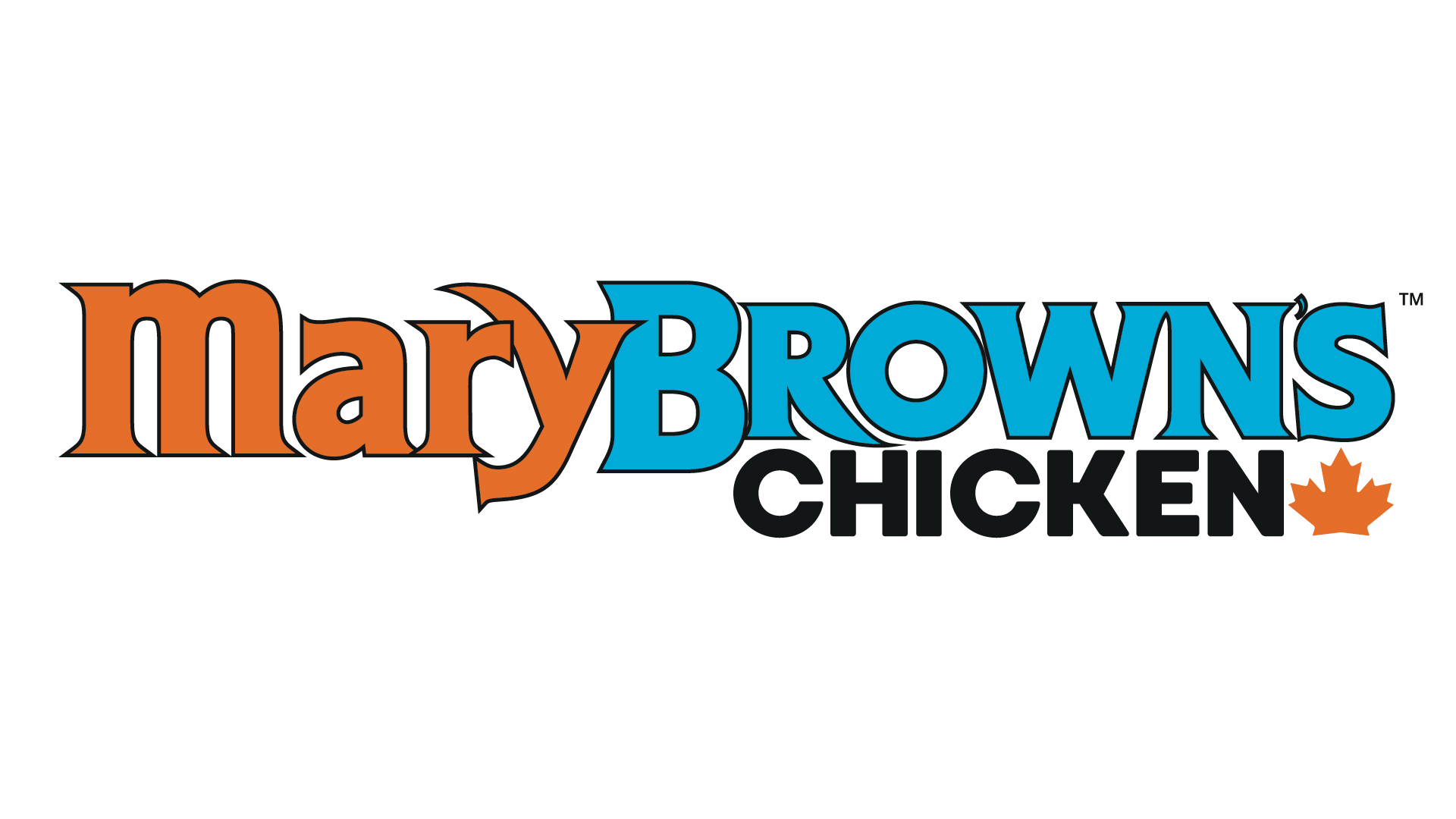In the competitive landscape of Canadian franchising, brand consistency is more than just a marketing ideal—it’s a cornerstone of long-term success. Whether it’s a national coffee chain or a local fitness franchise expanding across provinces, customers expect a unified experience from coast to coast. Failing to deliver this can damage brand trust and undermine growth. As Canadian consumers become more brand-conscious and discerning, maintaining consistency across all franchise locations has never been more critical.
Building and Sustaining Consumer Trust
Canadian customers are known for their brand loyalty, but that loyalty is earned through consistent experiences. From the visual elements such as logos and signage to the tone of voice in advertising and social media, brand identity needs to be uniform. When a customer walks into a franchise location in Toronto and another in Vancouver, they expect the same level of service, quality, and ambiance. Any variation can create confusion or even dissatisfaction, weakening the perceived reliability of the brand.
Consistency in service delivery is particularly crucial in Canada’s multicultural and multilingual environment. Ensuring the same level of hospitality and professionalism, regardless of region or language, helps build trust and fosters inclusive customer experiences.
Operational Efficiency and Training Benefits
Standardized branding also leads to more efficient operations. When franchisees operate under a clearly defined brand system, it reduces ambiguity and helps streamline training processes. Staff can be trained more effectively when there is a cohesive set of guidelines for customer interactions, product presentation, and service standards.
For Canadian franchises operating across diverse regions—from urban hubs like Montreal and Calgary to smaller rural communities—a clear and consistent operational framework can help bridge cultural and regional differences. It allows franchisees to focus on executing the brand promise rather than reinventing the wheel or interpreting branding elements on their own.
Legal and Regulatory Alignment
Canada’s regulatory environment for franchising varies slightly by province but generally emphasizes transparency and fairness. Consistency in brand practices helps mitigate legal risks, especially concerning consumer rights and advertising regulations. For instance, if one franchisee in British Columbia is promoting a deal that another location in Manitoba cannot honor, it may result in customer complaints or regulatory scrutiny.
By enforcing brand standards uniformly, franchisors protect not only their reputation but also ensure compliance across all regions, thereby avoiding costly legal complications or penalties.
Marketing and Competitive Advantage
In a market as diverse and expansive as Canada’s, brand consistency fuels marketing efficiency. National campaigns become more impactful when every franchise location reinforces the same core message and visual identity. This unified approach strengthens brand recall and allows marketing investments to yield better results.
Moreover, consistency can be a competitive differentiator. In sectors like food service or retail, where consumers are inundated with choices, a reliable and recognizable brand presence can be the deciding factor in where a customer chooses to spend their money. Canadian consumers are quick to recommend brands that consistently meet their expectations—word-of-mouth and online reviews thrive on consistency.
Conclusion
Maintaining franchise brand consistency in Canada is not simply about aesthetics or standardization—it’s about building trust, ensuring quality, and delivering a promise. In a country marked by its regional diversity and vast geographic spread, consistency helps unify the brand across all locations, making it recognizable and dependable. As franchising continues to grow in Canada, those brands that invest in clear guidelines, robust training, and strict adherence to their identity will be the ones that stand out and succeed. Consistency isn’t just a strategy—it’s a commitment to excellence.









